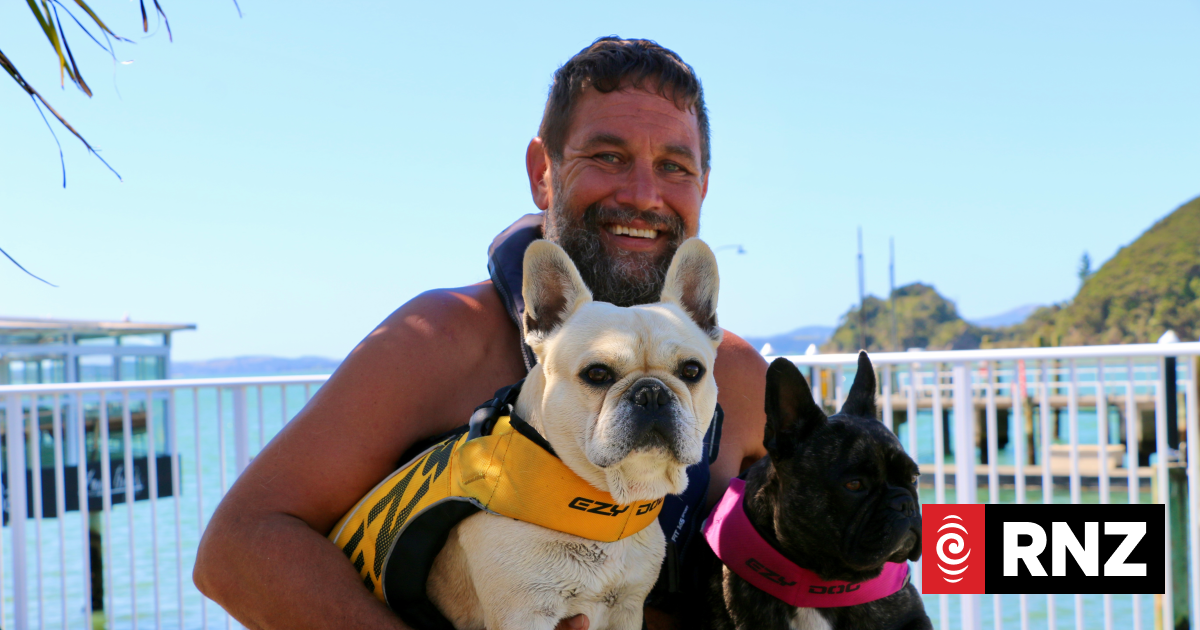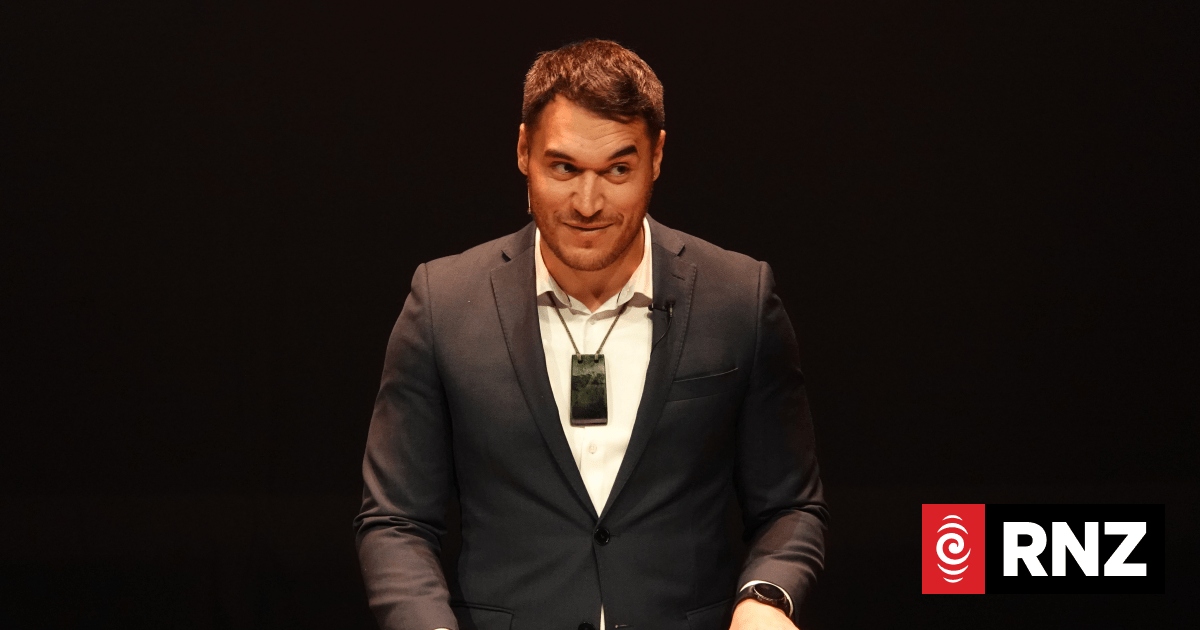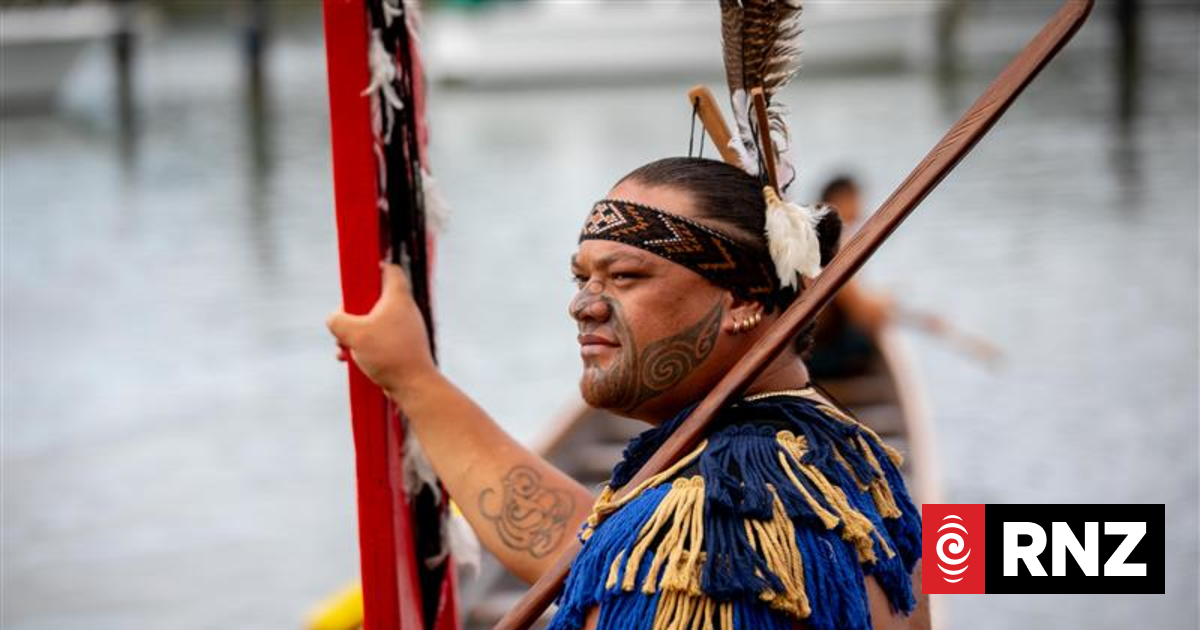In the first six months of 2024 Water Safety provisionally recorded 38 preventable drownings across the country.
The leading regions for preventable drownings are: Auckland (11), Waikato (seven), Northland (four), Hawke’s Bay (four), Canterbury (three) and Wellington (three).
The four people who have drowned in Northland in 2024 is twice as many as the number at the same time last year. In 2023, a total of five people drowned in Northland, and the 10-year average for preventable drownings in Northland is 9.8.
All four drowning deaths so far this year have been in Whangārei.
On January 18 Robert Vaughan Allison, aged 72, from Milford died in the water off Ruakākā Beach.
Shelford Hawira, 54, from Auckland, died at Urquharts Bay on April 14.
On May 1, Sarath Kumar, 37, and Ferzil Babu, 34, died while fishing off the rocks at the Gap, at Taiharuru.
The World Health Organisation’s theme this year for World Drowning Prevention Day is “Seconds can save a life”. Its website says drowning is often a phantom lurking in the shadows, ready to pounce when least expected.
“Drowning is abrupt, silent and shocking, with people often not realising it’s happening until it’s too late,” the United Nations agency says.
“We are still seeing an unacceptable number of preventable deaths,“ Gerrard said. “Especially among older New Zealand males who continue to make risky choices around water.
“We know a lot of New Zealanders love to enjoy the water throughout the winter months, and we want to encourage that in a safe and responsible manner. The water is much colder during the winter period which means you have less margin for error if you get it wrong.”
In 2023, ACC accepted 18,351 water-related injury claims, which came at a cost of $64 million to help people recover.
ACC accepted 1107 water-related injury claims last year in the Northland region, costing $4.08m. So far in 2024 (to July 15) ACC has accepted 867 water related injury claims in the Northland region.
During the winter months (June, July, and August) in 2023, the activities with the highest number of injury claims were surfing (926), swimming (883), swimming in a pool (316), and boating (126).
Gerrard said it is important for all winter water enthusiasts to be aware of the dangers of ‘cold water shock’. It can lead to an immediate risk of drowning or cardiac arrest. The average winter temperature of our oceans is 15C and inland waters such as lakes, rivers, and waterfalls can be much colder.
“When plunged into cold water our first instinct is to gasp for air with an uncontrollable ‘gasp reflex’. Taking on one large breath of water is enough to prove fatal,” he said.
“Our natural response is to swim hard and fight against the shock. This causes people to lose control of their movements and rapidly increases their heart rate. This lowers the chances of survival. All this happens in under two minutes.”
Rather than panic, Gerrard encouraged people who fall into the water to lie back, relax and float.
“Floating on your back gives you the best chance of survival if you’re in trouble in the water. The four key tips to remember are float, breathe, signal, and survive.”
ACC injury prevention leader James Whitaker said World Drowning Prevention Day is an opportunity to be more mindful of the risks in and around the water. “A drowning is a devastating event for any whānau, and community and our hearts go out to every family who has lost a loved one,” he said.
“Most of these tragic drownings are preventable if we take the time to consider the risks.”
ACC partners with Water Safety NZ to keep children safe in and around water, as the principal partner of the ACC Water Skills for Life programme.
Water safety tips:
■ How to Float first:
Float first, lie back with your ears underwater, chin up, move your hands to help you float. It’s okay if your feet sink. Ignore your instinct to swim.
■ Breathe normally:
Relax, slow your breathing to help you calm down, breathing will get easier.
■ Signal for help:
Raise your arm. Shout for help.
■ Survive by swimming or floating.
■ Swim to safety if you can.
■ Float when it’s not safe to swim.
■ Hold onto anything that helps you float.
■ Keep clothes on to stay warmer.
Water Safety Code:
■ Be prepared – check the weather, your gear and the water conditions.
■ Look after yourself and others – adults, not children or teenagers, should always supervise little people and children around water.
■ Be aware of the dangers – check for rips and currents, snags and rocks and don’t consume alcohol before a swim, dive, or going fishing.
■ Know your limits – do you know how to swim? If not, stay out. Remember, you will never be able to swim in the ocean as well as in a pool and cold water will make you tired.
Boating Safety Code:
■ Wear your lifejacket.
■ Take two waterproof ways to call for help.
■ Check the marine weather forecast.
■ Avoid alcohol.
■ Be a responsible skipper.



